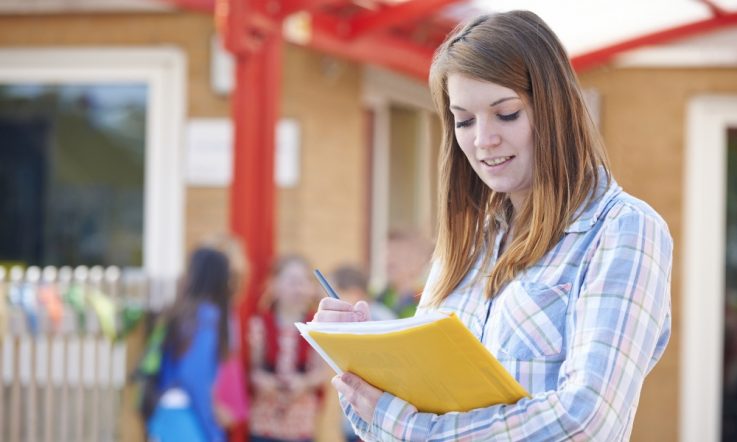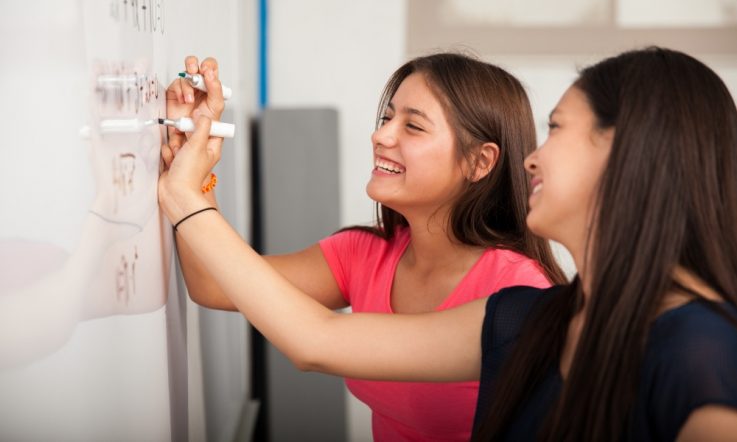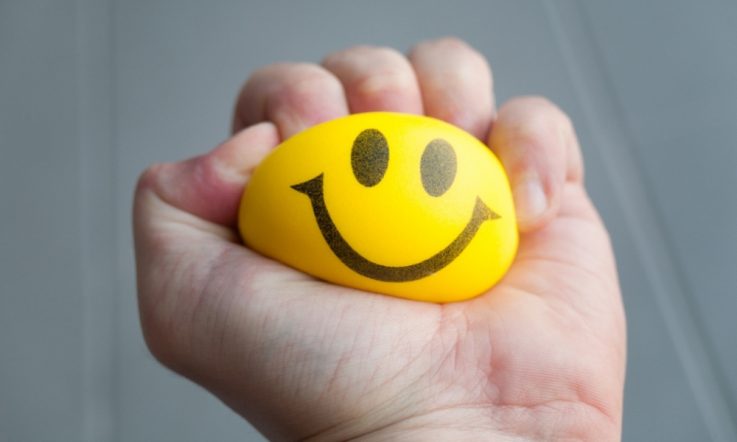You've seen a great workshop presentation, picked up some useful information from a professional development session, or read a research paper that could help you and your colleagues. How do take the next step and use what you've learned to improve your own practice?
It's not unusual to walk away from a conference feeling inspired and thinking ‘that was great' ... but never act on it. ‘There's a lot of discussion about how research is only carried out for other researchers,' Dr Kevin Anthony Perry tells Teacher. ‘If [my research] wasn't going to be used in practice, then I couldn't see the point in doing it. If you're going to do research it's got to be accessible to practitioners.'
Perry has just finished a stint as Academic in Residence at Dakabin State School, in the Moreton Bay Region of Queensland, where he shared his expertise on classroom wellbeing and building trustworthy student-teacher relationships. The connection was forged after the academic from Denmark's University of Aalborg presented his study findings at last year's Excellence in Professional Practice Conference.
Dakabin principal Kelly Jeppesen says two of the school's leadership team attended the workshop and Perry's research on student voice and relationships between students and teachers resonated with them. ‘As a school, we have established our philosophy and pedagogical understandings from current educational research,' she explains. ‘The connections we made with Dr Perry at the EPPC conference led to a learning partnership that has evolved into him becoming our inaugural Academic in Residence.
‘We are fortunate that the University of Aalborg could see the value in Dr Perry coming to Australia to share his expertise and also experience the way in which Dakabin State School has utilised the work of other researchers such as Professor John Hattie and translated this in to practice.'
Jeppesen says linking up with the academic has enabled the school to reflect on how it harnesses trust and student voice in teacher-student relationships and adds that embarking on a research and learning journey that spans the globe is particularly exciting.
As well as working with educators on the ground, for Perry the trip was also an opportunity to collect data from Australian schools. ‘[I've] actually managed to do three focus group interviews with students, very similar to the work I'm doing in Denmark, and this will give me a good platform to do a comparative analysis between the Danish and the Australian data.'
He wanted to expand his research to find out if students' thoughts about what promotes classroom wellbeing and learning are the same outside Europe. ‘I decided to come to Australia because it's a very long way, but [also] Denmark is actually having a little bit of influence from Australia because of John Hattie and his work.
‘I want to compare the Danish and Australian experiences to try and highlight that actually what the students are saying – student voice – about consistency, about trustworthy teachers making a difference to their classroom wellbeing. … Some of these classroom indicators that promote classroom wellbeing and learning might even be transferrable to colleges and universities.'
Perry's research shows that if students have a class teacher they trust and have a good relationship with, they're more likely to thrive in the classroom. ‘In Denmark it's a bit different [to Australia] because now they work in teaching teams – so you might have Danish, one teacher, then the next lesson will be mathematics and a different teacher comes in, then after break English, a new teacher comes in.' It's also typical for primary and secondary schools to be joined together in Denmark.
He says the feedback so far from Australian teachers has been that being a consistent teacher (in terms of fairness and boundaries), and building relationships with students (including sharing your own experiences as an adult) makes a massive difference.
Perry has also been impressed by Dakabin State School's commitment to evidence-informed practice. ‘They are very innovative and they use their resources to the best of their abilities. They're very good at utilising things they see in conferences.
‘They're a state-funded school, they're in a very low socioeconomic area, there are kids that require lots of input, lots of care. They've got an open door policy – what I liked about them [the staff], was that they're there. Kids can come in and say “Hi Miss Jeppesen, have you got five minutes?” … depending on the circumstances of course.
‘They have a pedagogical framework called ‘the Hive', which they've built up over the last six years. They've spent a lot of time transferring all of this theory into practice. A new member of staff coming in is given this pedagogical framework and … it's a step by step guide about classroom management, monitoring, giving feedback to students. It's really good stuff, I was really impressed.'
Kelly Jeppesen and colleagues from Dakabin State School will be presenting at the Excellence in Professional Practice Conference 2017 sharing details of their work, including the pedagogical framework known as ‘the Hive'.
As a principal, are you implementing evidence-based teaching strategies across the school?
Think about the last conference or PD session you attended and, specifically, something that resonated with you. Were you able to use what you learned to improve your own practice? If not, what were some of the challenges?



